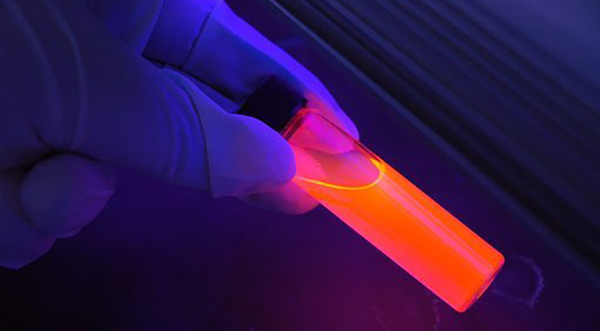The Four Branches of Forensic Science
By Space Coast Daily // January 10, 2022

The roots of forensic science can be traced back to the 12th Century Chinese administrator Song Ci. Song Ci litigated for the inclusion of doctor’s evidence in court cases and developed several methods of investigating the cause of a person’s injury or death. His methods were very crude by today’s standards but were lightyears ahead of crimefighting techniques being developed in Europe at the time.
Today, forensic science forms the backbone of many serious criminal investigations. Modern forensic science did not take off until the early 20th century and was not standardized at all until the latter half of that century. Although there are many subdivisions of forensic science, the general consensus is that there are four major specializations within the field. This is a very brief guide to those specializations.
Trace Evidence Analysis
Many students taking their first steps in criminal investigation, such as those undergraduates joining a Marian University Wisconsin forensic science program, are most familiar with the trace evidence analysis element of forensic science. This is because the significance of this field has been rather overblown in the media. Trace evidence analysis involves the use of fingerprints, human body fluids, biometric data, and chemical traces to solve crimes or disprove theories.
Forensic Toxicology
Forensic toxicology is a field concerned with the analysis of the effects of toxic substances on the human body in order to understand crime or aid law enforcement. It shouldn’t come as a surprise that many crimes involve some kind of toxic substance being ingested by victims or perpetrators. Forensic toxicologists are invaluable to legal teams and law enforcement officials looking to understand the role of chemicals in a crime.
Forensic toxicologists are not just employed by law enforcement agencies. They are often hired by defense teams in legal cases in order to investigate reports of intoxication or poisoning that could invalidate state cases.
Forensic Pathology
Forensic pathologists deal exclusively with the bodies of the dead. They are responsible for investigating the cause of a person’s death using scientific methods and sound ethical record keeping. Forensic pathology has been the key to solving countless crimes in the past, and pathologists are the ‘glamour cadre’ of the forensic science world.
Forensic pathology involves complex biopsies, chemical analysis, material analysis, and a great deal of collaboration with other pathological specialists.
Forensic Archeology
Forensic archeology is a relatively new addition to the pantheon of forensic specializations. The concept behind forensic archeology is simple: forensic archeologists apply archeological methodologies to criminal investigations. This usually involves the meticulous and well-documented exhumation of bodies and other types of evidence. Archeologists are well versed in techniques for the discovery of meaning in topography and objects.
This is partially a scientific pursuit and partly a form of active praxis involving the exhuming party as an active participant. This perspective has proven immensely useful in cases where the age and circumstances surrounding a crime scene have not been clear. Historic crimes involving unknown victims are often investigated by this kind of forensic scientist.












